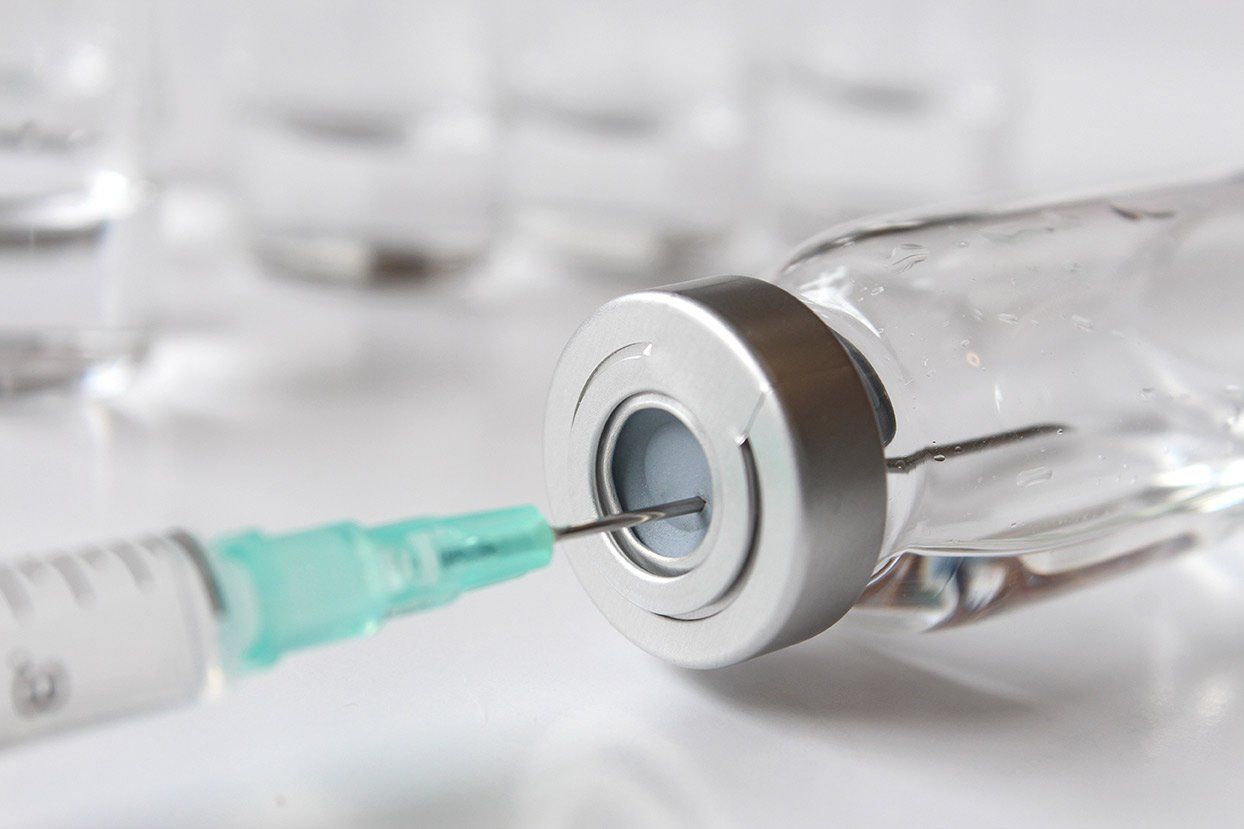Once You Start Testosterone Therapy, Can You Stop?
Understanding The Journey of Stopping Testosterone Therapy
Testosterone Replacement Therapy (TRT) has become a beacon of hope for many struggling with the symptoms of low testosterone levels. From improved energy levels to better mood regulation and enhanced physical performance, the benefits are undeniably life-changing for some. However, various reasons might prompt an individual to consider discontinuing their testosterone treatment. But once you start, can you stop? Here’s what you need to know.
Navigating the Complexities of Ending Testosterone Therapy
Side Effects of Stopping Therapy
The body can react in several ways upon the sudden cessation of testosterone therapy. Common side effects include fatigue, weakness, depression, and the return of other low testosterone symptoms. These effects occur as the body readjusts to its natural hormone production, which can take time to normalize.
Reversal of Testosterone Effects
A major concern is whether the positive changes experienced during therapy will reverse. The short answer is, yes, they can. Physical improvements such as muscle mass and bone density, as well as mental well-being gains, may gradually diminish as natural testosterone levels decline.
Safely Weaning Off Testosterone Therapy
The process of discontinuing testosterone therapy should always be gradual and under medical supervision. Specialists might recommend tapering off the dosage slowly to minimize withdrawal symptoms and allow the body to adjust to its hormonal balance.
Restarting Therapy After Stopping
Yes, it is possible to restart therapy after stopping. However, the decision to do so should involve discussions around why therapy was discontinued initially and reassessment of the potential benefits and risks involved. Restarting therapy may not produce identical effects as seen previously; individual responses can vary.
Implications of Physical and Emotional Changes After Stopping
The myriad of changes—both physical and emotional— experienced during therapy can dissipate after discontinuation. Mood fluctuations, decrease in muscle mass, and return of libido issues are examples of what one might experience. Monitoring these changes closely with a health professional is crucial for well-being.
Time Frame for Testosterone Levels to Normalize
Returning to pre-therapy testosterone levels varies between individuals, with factors such as the duration and dosage of therapy playing a role. It may take several weeks to months for natural testosterone production to stabilize.
Expert Insights on Stopping Testosterone Therapy
Experts agree that stopping testosterone therapy is viable but emphasize the importance of a personalized, careful approach. According to Vitality HRT, discontinuation should be motivated by valid reasons and done under the guidance of a healthcare provider to manage any symptoms effectively.
Medical advice from Defy Medical also suggests that while stopping is an option, individuals need to be prepared for the return of their original symptoms. It points out the utmost significance of addressing the root cause of low testosterone and managing expectations about post-therapy life.
Furthermore, Harvard Health advises on the safety of testosterone therapy and the cautious approach needed if one decides to start—or stop—this treatment. It highlights the necessity of a comprehensive medical evaluation and continuous monitoring to mitigate any adverse effects.
The Path Ahead
Deciding to stop testosterone therapy requires careful consideration and professional guidance. Understanding the potential impacts on your health and well-being is paramount. If you find yourself contemplating this path, consult with your healthcare provider to discuss your options, reasons for discontinuing, and the most suitable course of action tailored to your health profile and needs.
Remember, the decision to start or stop therapy is deeply personal and should be made with the best interest of your health and quality of life in mind. With the right support and information, navigating the complexities of this choice can be made more manageable.









Proudly Powered by Snapps
